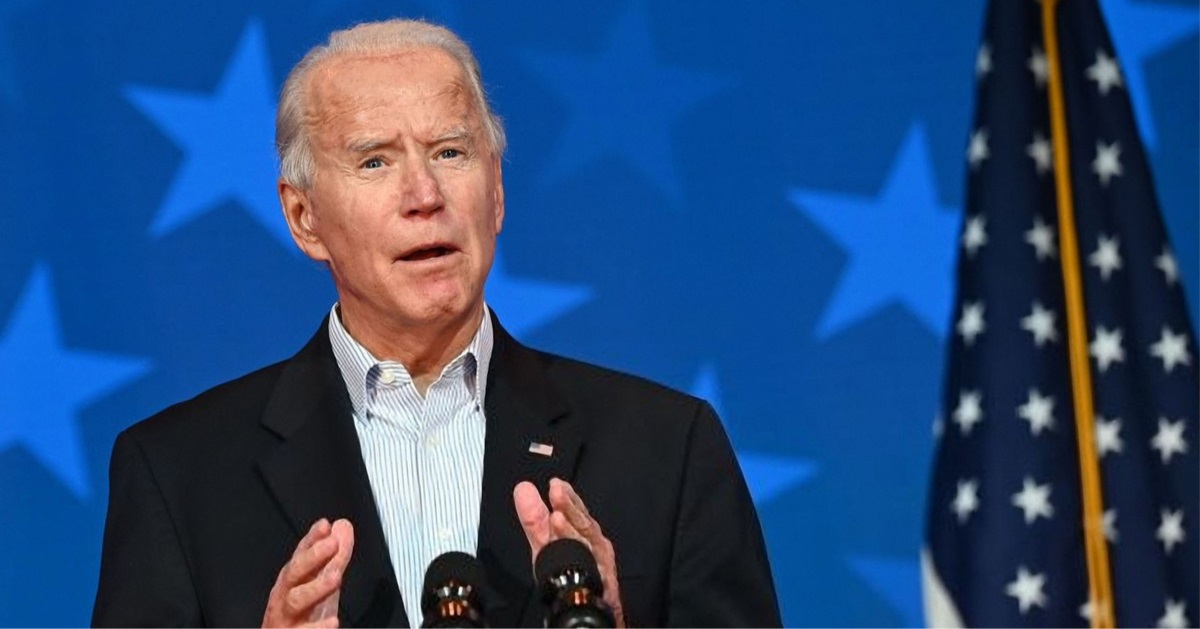Homeland Security Secretary Kristi Noem stirred the pot with a bold two-word statement following the voluntary dismissal of an ACLU lawsuit. The lawsuit, which was filed on behalf of detained illegal immigrants, was dropped, and Noem’s fiery response was direct: “Suck it.” Her tweet, shared from her official DHS account, quickly gained attention and sparked a flurry of reactions.
The ACLU had initially challenged the Trump administration’s plan to transfer ten detained migrants to Guantánamo Bay, arguing it overstepped legal boundaries. They claimed it would breach both federal law and the Constitution. The case included the plight of two Venezuelan nationals separated from their young daughter.
DHS later addressed the situation, stating the child was placed in foster care for her safety, due to alleged connections between her parents and a Venezuelan drug cartel. The child has since been returned to Caracas. Noem’s straightforward reaction to the case’s dismissal caused a stir online, with supporters lauding her candor and critics questioning her professionalism.
The Memorial Day Sale is ON NOW! Get 25% off site-wide with discount code MEMORIAL25 at checkout.
Includes FREE shipping in the USA.
https://GetZStack.Com
In response to the backlash, some online commenters expressed disapproval, questioning the appropriateness of such language from a Cabinet secretary. “Coming from the Secretary of the Homeland, what are you getting at?” one user queried. This incident adds to the scrutiny surrounding Noem’s leadership style since she took over the DHS role under President Trump.
Critics argue that Noem focuses more on media appearances than on executing policy, citing her live-tweeting of an immigration raid and her high-profile visits to detention centers. Despite these criticisms, the Trump administration stands by its immigration policies under her leadership, citing reduced illegal border crossings as evidence of success.
Reports indicate that illegal border crossings are at their lowest in decades, with over 4,000 Venezuelan nationals deported since February. President Trump has also announced plans to use Guantánamo Bay for detaining “the worst criminal aliens,” suggesting the facility could accommodate up to 30,000 illegal immigrants.
“President Donald Trump has been very clear: Guantanamo Bay will hold the worst of the worst. That starts today,” Noem stated, reinforcing the administration’s firm stance. Additionally, this week saw the relaunch of the Victims of Immigration Crime Engagement (VOICE) office, reinstated after being dismantled by the Biden-Harris administration.
The relaunch event at ICE headquarters featured angel families, individuals who lost loved ones to crimes committed by illegal immigrants. Noem emphasized her commitment to prioritizing their needs, underlining the department’s dedication to their support.
Inside DHS, Noem has introduced changes such as polygraph testing for employees and encouraging voluntary staff departures to address internal leaks. While some within the department view her as more of a political figurehead, her supporters highlight her enforcement successes as proof of her effectiveness.
Despite ongoing criticism regarding her media presence, Noem remains a prominent figure in the administration’s aggressive immigration and border security policies. Her direct communication style and policy initiatives continue to drive debate and discussion.
Noem’s actions and statements have solidified her position as a high-profile advocate for the administration’s hardline immigration stance. Her approach resonates with many who support stronger border controls and stricter immigration policies.
Debate over her leadership style and media strategy is likely to continue, with opinions divided along political lines. Regardless of the division, Noem’s influence in shaping immigration policy remains significant.
As the administration moves forward with its plans, including the use of Guantánamo Bay for detaining certain immigrants, discussions around these policies are expected to persist. Noem’s role in these developments ensures she will remain at the forefront of the immigration debate.
Her actions and statements continue to draw both praise and criticism, reflecting the polarized nature of immigration discourse. As policies unfold, Noem’s influence will remain a focal point for those following immigration matters closely.




